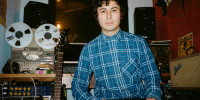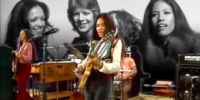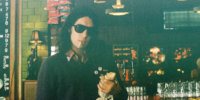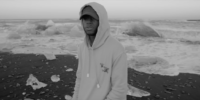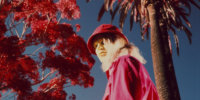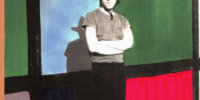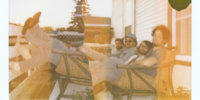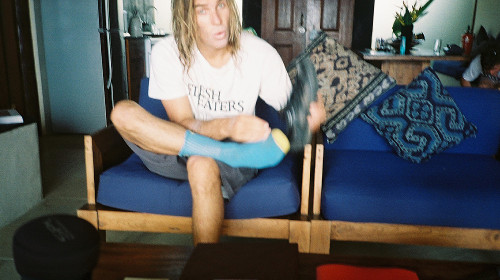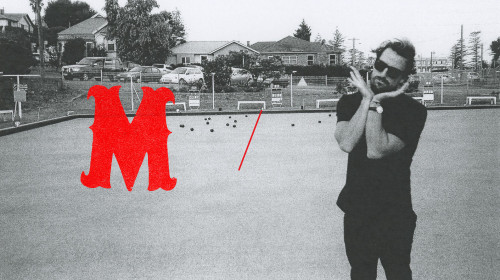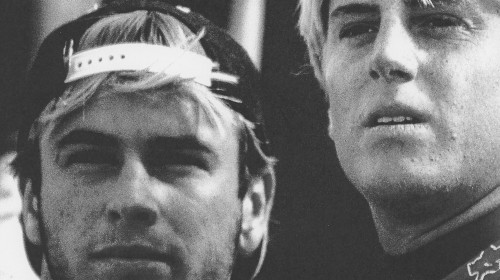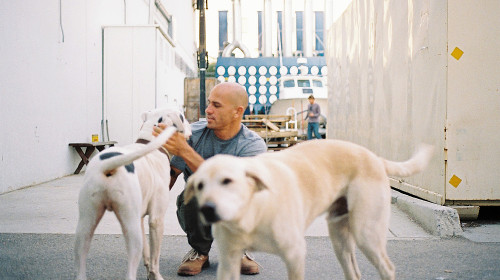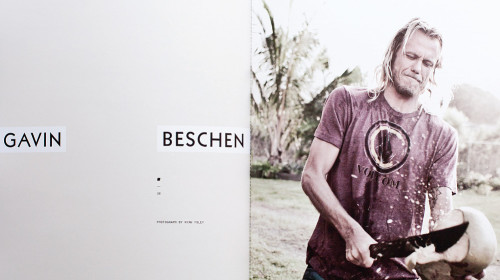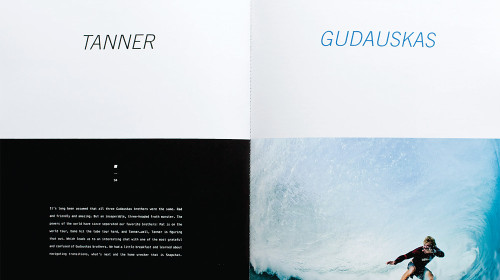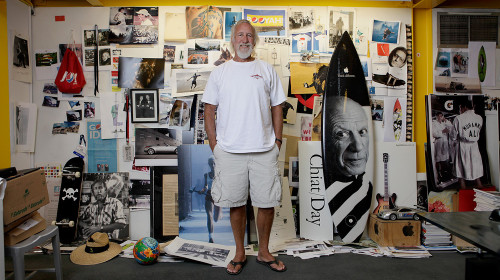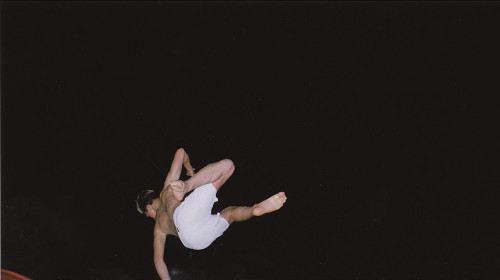Danny Lee Blackwell, singer and guitarist of the soul/psych band Night Beats, chooses his words wisely. He speaks softly, humbly, almost like a musician who’s been asked the same question one too many times. And with good reason. The band he formed with drummer James Traeger back in 2009 has been incredibly busy lately, and getting some much deserved attention. Just last year, they snatched up new bassist Jakob Bowden, signed to Heavely Recordings and dialed in a killer new album, Who Sold My Generation. “The point of it I guess is to open your mind a little bit more,” said Blackwell of the title, “and think about what those words mean. If you turn on the radio, the kinda music that’s blasting on the radio, you really gotta question, ‘Is this what we’ve come to?’”
Last week, before the start of a two-month long European tour, I crashed Night Beats’ green room and asked them some questions about their soul influence, psych music and the state of our musical generation. And, of course, their new album. Read below and enjoy. –Maya Eslami
What Youth: “Night Beats” is a Sam Cooke reference. How and when did you guys get into soul music?
Danny Lee Blackwell: My sister showed me Sam Cooke when I was in middle school or something like that, 12, 13. She had this whole collection, Sam Cooke CD Anthology thing. From there, I got into a Ray Charles kick, and then from there started looking at Doc Pomus and the writers’ of those guys, and one thing led to another, and it just stuck.
James Traeger: I kinda came to it late, but it was Sam Cooke that got me into it. I saw some documentary about him on VH1. I was like 18 or something. A lot focused on Sam Cooke, and it’s just coincidence I guess that I ended up being in a band called Night Beats.
Danny: It’s kind of a hidden meaning. A lot of people when they hear [Night Beats], they don’t really make the connection because, you know, we play loud rock ‘n’ roll. But there’s elements of R&B and soul in there. The reference we get compared to a lot is 13th Floor Elevators. And it comes down to the fact that Roky Erickson was trying to sound like James Brown, in the middle of Texas. It was really unheard of. He had this band called the Spades. And then Tommy Hall (co-founder of the Elevators) basically got it going. If you know they were trying to do the James Brown thing, it makes sense.
Do you like that reference? When you guys started, you were sounding a lot like 13th Floor Elevators.
Danny: It wasn’t necessarily intentional, but yeah definitely.
Do you feel like it was a product of being in Austin, the psych influence?
Danny: Sure. We’re more inclined to be into that kind of music because we’re from Texas and Texas has such a rich, long history of soul music and rock ‘n’ roll and blues, where it permeates through all different things. There’s just so many, Golden Dawn, Elevators, tons. All over Texas. Dallas, Deep Ellum. There was a place to go for musicians. You know, Lightnin’ Hopkins, Blind Lemmon Jefferson and all those guys got their start [here].
James: I listened to a lot of Elevators and Golden Dawn, that’s kinda where it ends as far as the Austin psych stuff, for me.
How do you guys feel about being referred to as a psych band?
Danny: I don’t really care too much about it. There are great things that are misidentified. That’s the thing. Psychedelic – if you’re trying to define psychedelic, you’re getting the message wrong.
Jakob Bowden: You’re missing the point.
Like people throw it around too easily?
Jakob: Yes.
Danny: Yeah, absolutely. But you know, everything gets misconstrued. Rock ‘n’ roll became rock, and then there’s a new term, and ten years later there’s another new term for it. When Chuck Berry was doing what he did, I don’t even know if there was [the term] rock ‘n’ roll. He kind of coined that phrase. I don’t think there was that movement going on at that time. And it’s nothing like, “We’re not psychedelic, we’re not this and that.” We don’t really care what you call it. We’re just playing music, you know, playing something that makes us feel good
The new album Who Sold My Generation is great. And Jakob’s in the band now. How was the recording process like?
Danny: It was the first time we were out of Washington to record. The cool part was that it was recorded a lot quicker than the other two albums, so we were able to do it within a short period of time. And it was a cool experience once we had the help of our producer Nic [Jodoin] and Robert [Levon Been] of Black Rebel Motorcycle Club. All those guys were really instrumental in forming the ideas and putting the period at the end of the sentence. And we have Jakob. Jakob’s a songwriter in his own right, he’s doing great. Having someone [in the band] who made music that I already liked and had a deeper connection with, it’s mental. It changes the game.
James: It’s an all new wave to ride.
You said it was your first time recording outside of Washington. What was it like recording in Echo Park?
Danny: It was great.
James: The best part about recording in Echo Park was that there were actual windows and sunlight. In the past, we were in warehouses that had no windows, no light. There was no light at all. Just recording in darkness, versus light.
How was collaborating with Robert from BRMC?
Danny: It was a crazy experience because I’m a big fan of his work. He took so much interest in it that I didn’t expect at all.
How did that happen?
Danny: It was actually through Nic. We were planning on just doing it the two of us – me and Traeger here – and eventually we had to put the bass down. And he was like, you know, Robert has shown interest in collaborating before, like with this other group I had, the UFO Club, that he had reached out to try to work with. So by the time we came out [to LA], he was available. He had some time. So we sent over some demos, and he came back with all this feedback. And that was just incredible to see. He was there every day. We showed up and he was like, “Show me what you’ve worked on.” And I was really impressed. It was a big honor and pleasure to have him. He did things I would’ve never thought of.
Tell me about the title. Is there a message behind Who Sold Our Generation?
Danny: It’s not a question, and it’s not really a statement. It’s more of an opinion, a voice of an opinion. The point of it I guess is to open your mind a little bit more, and think about what those words mean. If you turn on the radio, the kinda music that’s blasting on the radio, you really gotta question, “Is this what we’ve come to?” We came from a time where Chuck Berry was on the radio.
James: Is this the kind of music you want people listening to? What’s on the radio right now? I’d say no. Is that the message you want to have as a generation, as people, as musicians?
Who Sold My Generation is out now on Heavenly Recordings. Buy the album now on Amazon here. http://www.amazon.com/Who-Sold-Generation-NIGHT-BEATS/dp/B0172LXJEI

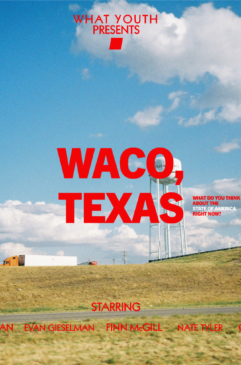
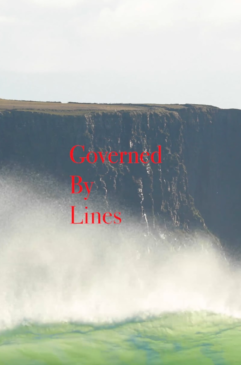
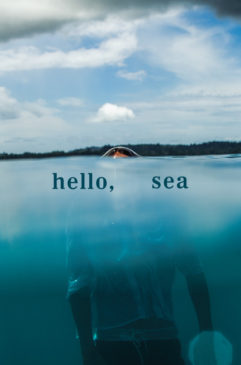
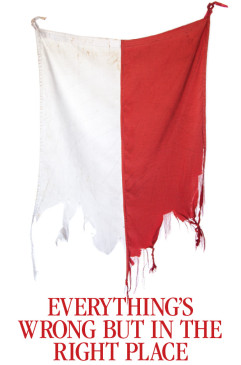
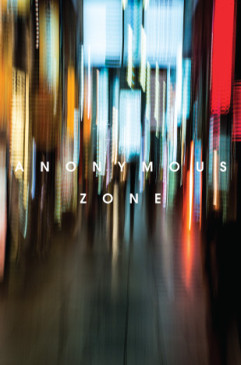
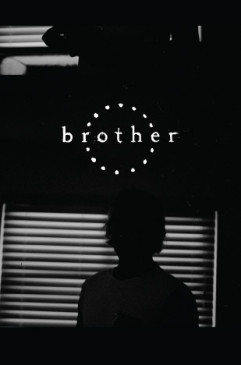
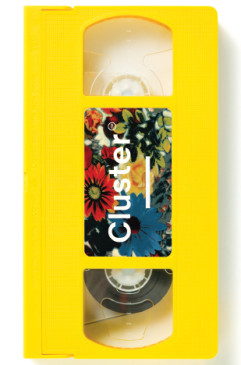
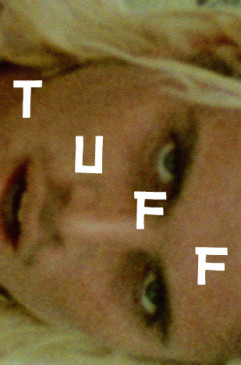
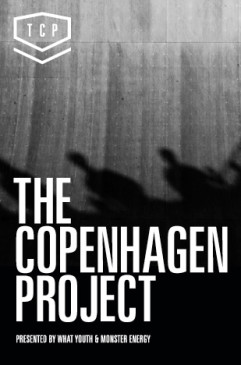
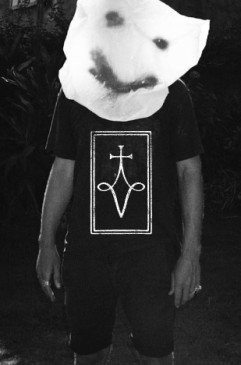
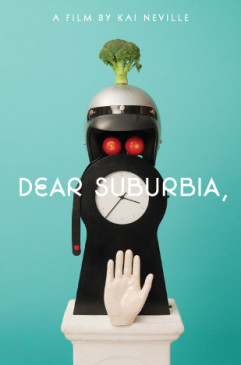
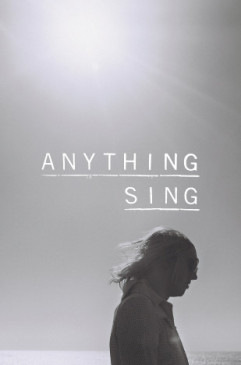


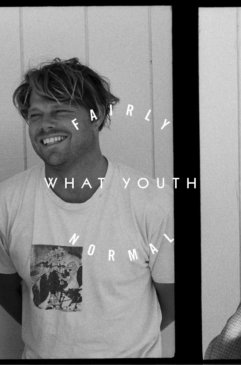
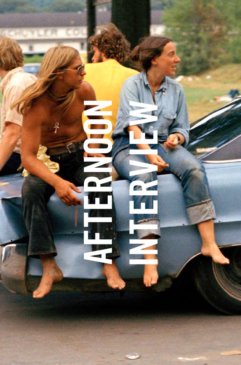
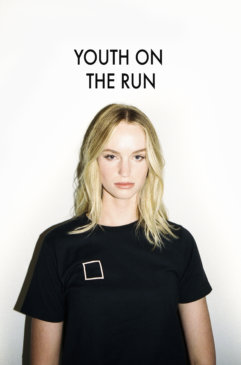
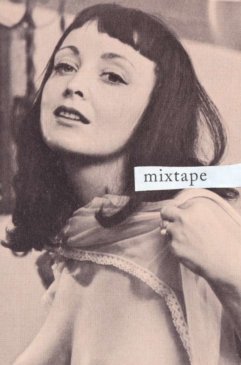
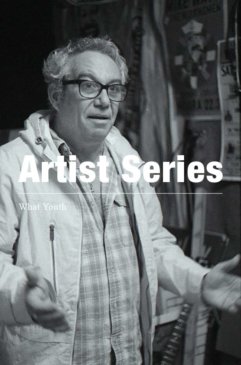
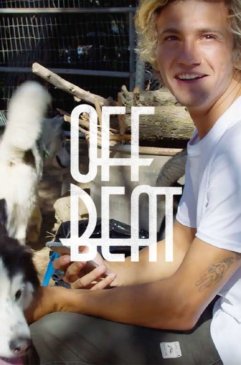
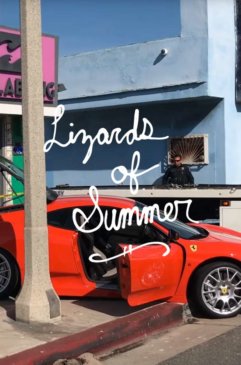
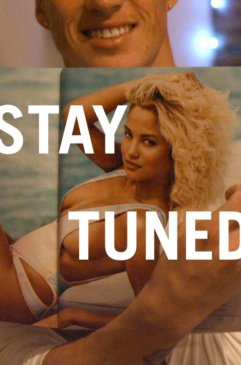
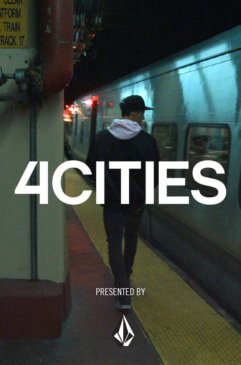
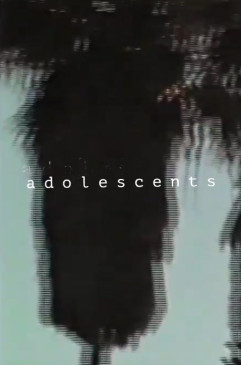
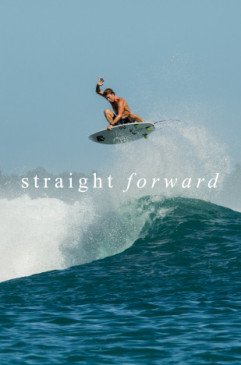
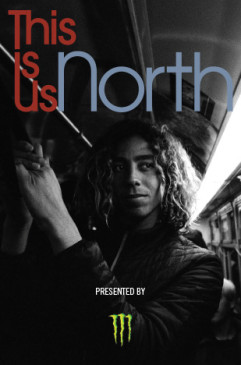
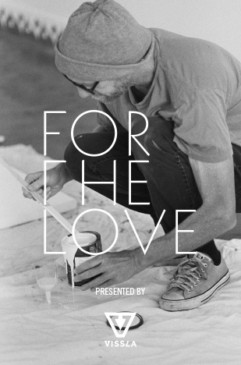
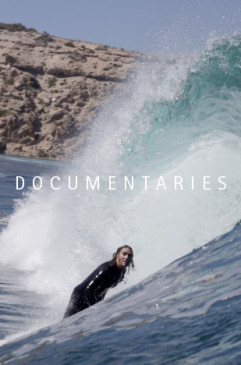
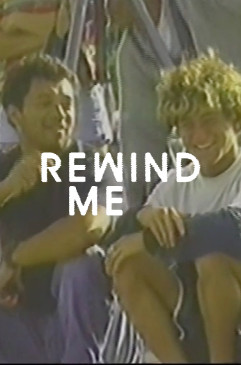
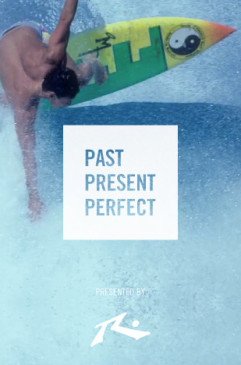
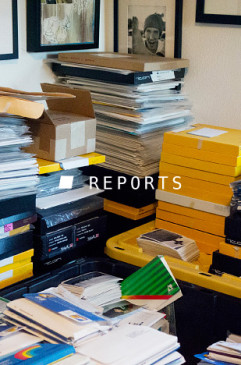
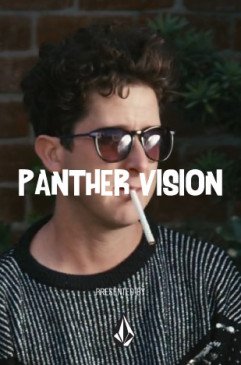
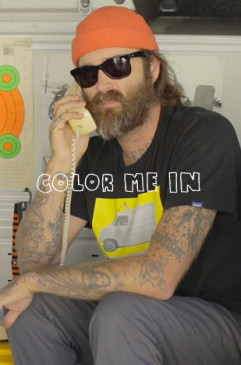
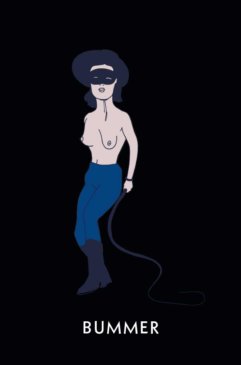
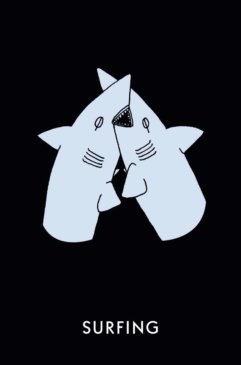
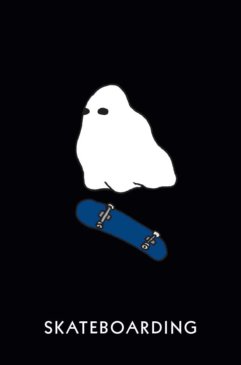
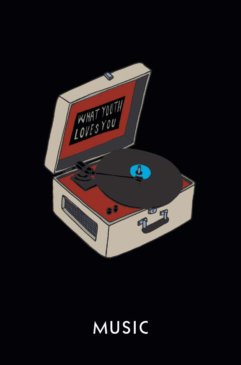
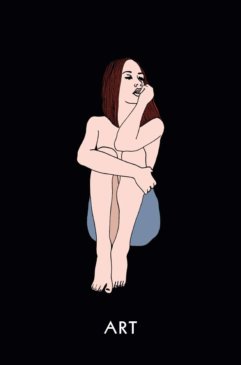
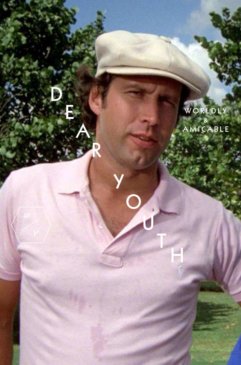
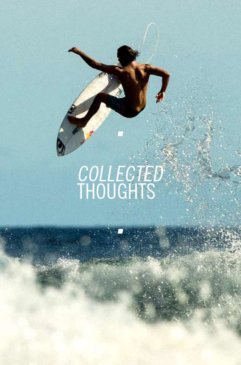







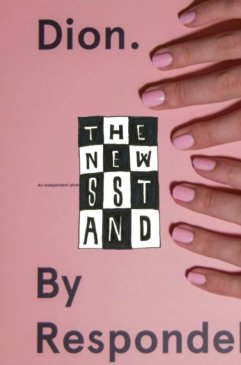
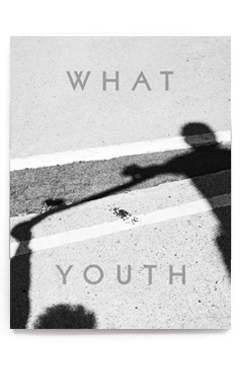
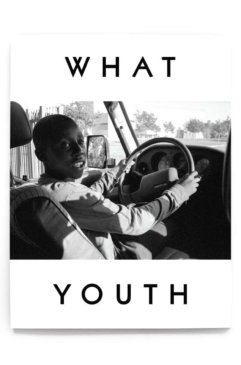
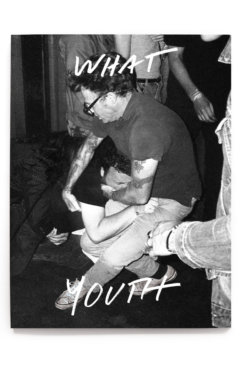
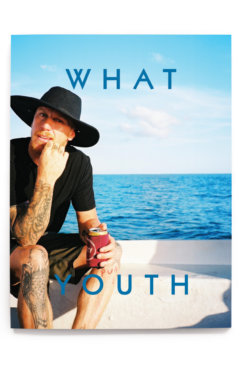
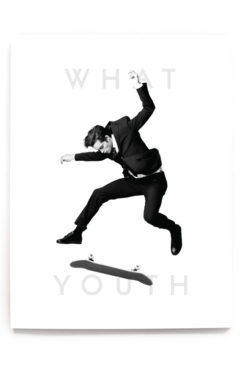
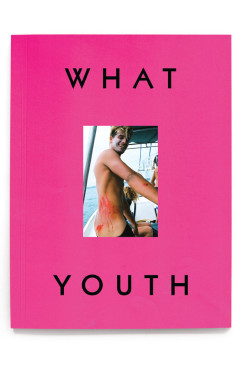
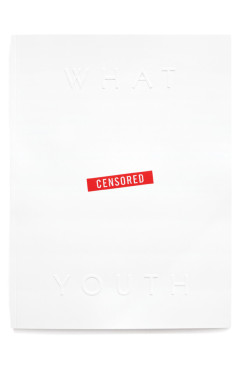
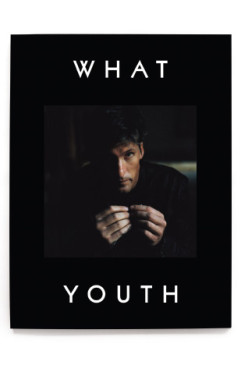
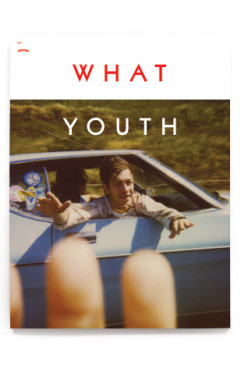
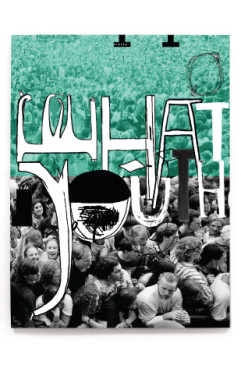
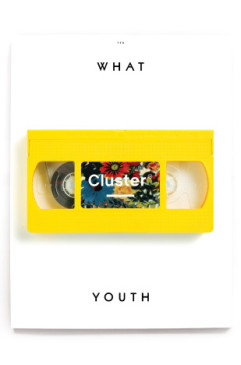
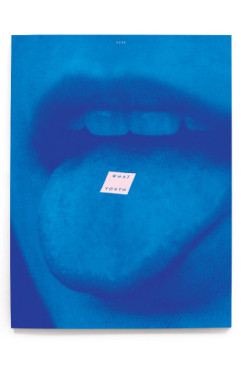
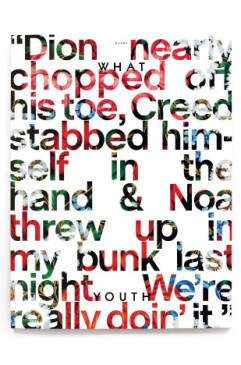
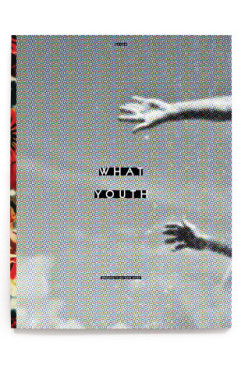
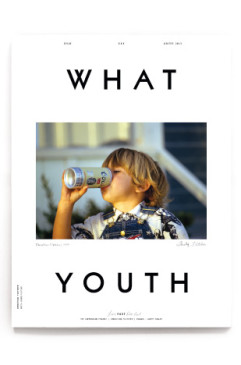
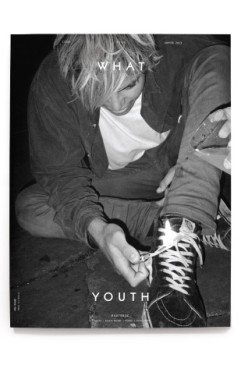
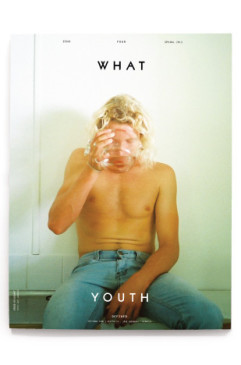
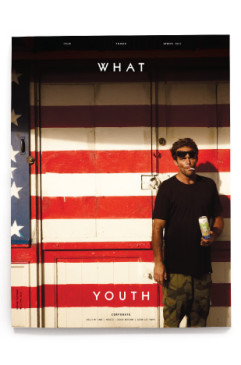
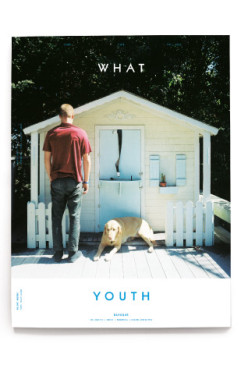
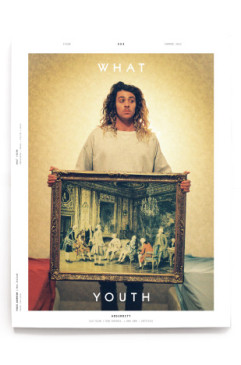
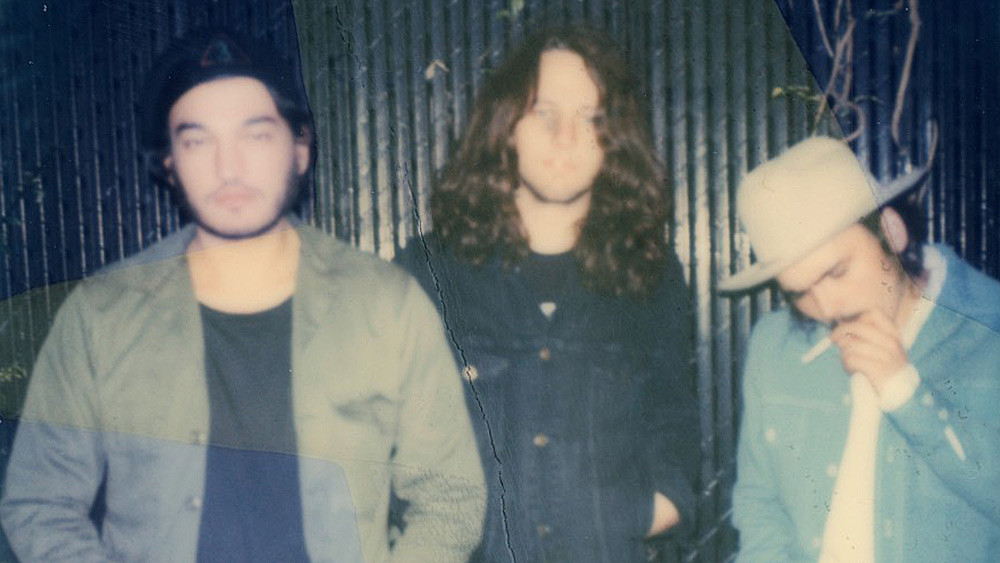
 NXT
NXT 
